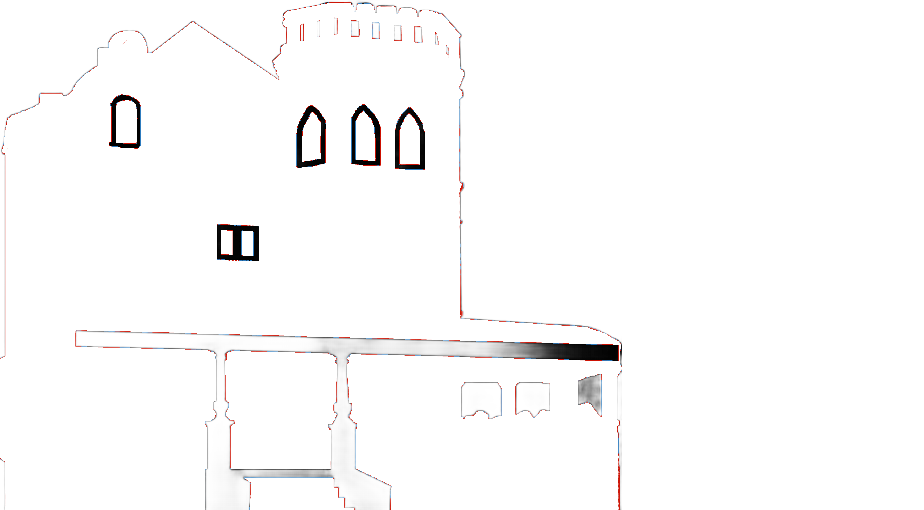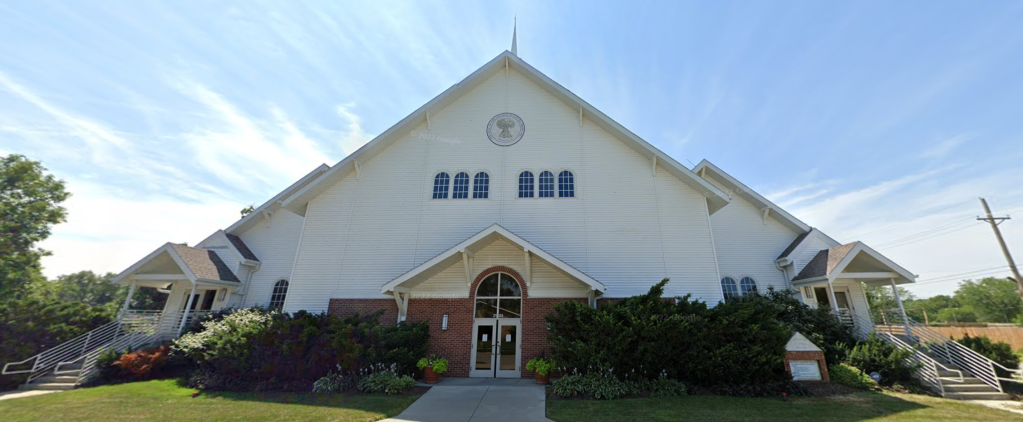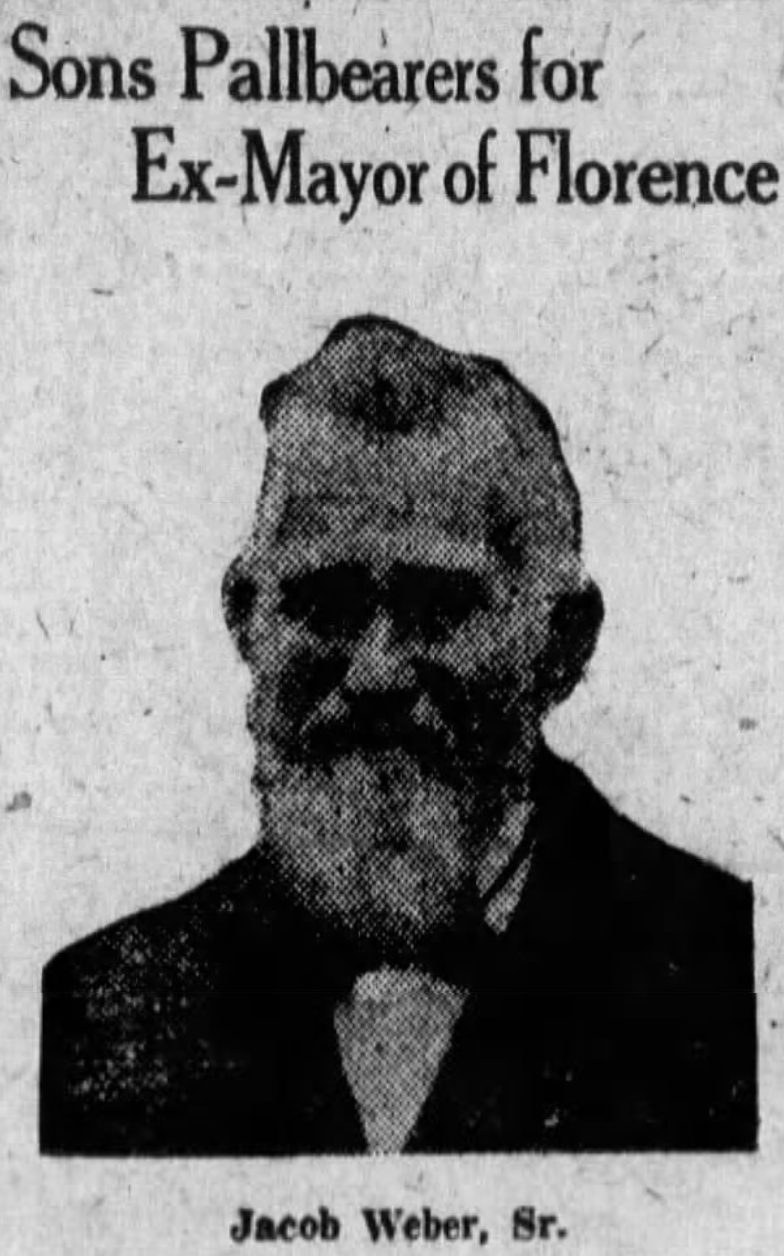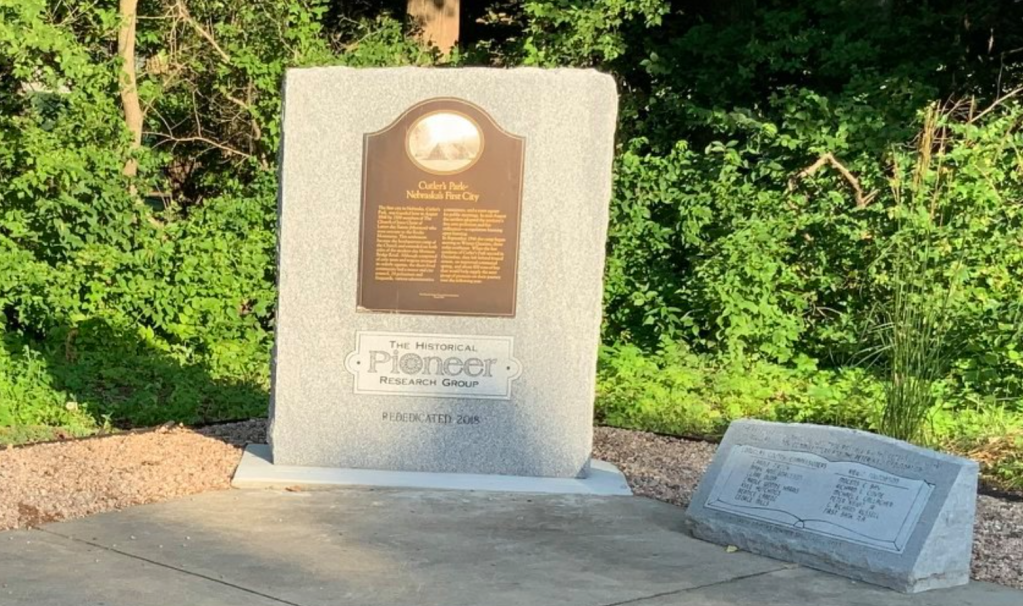There is a street that starts in North Omaha and shoots west, with a man so respected by Omahans that more than a century later they named another street after him. North Omaha has been filled with interesting people since the city was founded, and even before that. One of them was Judge George Baker Lake.
Early Life
Born in Greenfield, New York in 1827, Lake’s family moved to Ohio when he was a teen. After working on farms when he was young, he went to Oberlin College in Ohio from 1849 through 1851.
He became a lawyer in Ohio in 1851. In November 1856, he moved to the Nebraska Territory and opened up shop in Omaha City. His early partnerships included A. J. Poppleton, George Gilbert, and Charles Brown. In 1863, he was a lawyer in the trial of Nebraska’s first executed prisoner, Cyrus Tator, and the next year he was judge in the trial of the second execution.
Political Career

Widely recognized as a powerful lawyer, Lake was also a successful politician in early Nebraska. Lake was voted in as a Republican legislator in the Nebraska Territory Senate. He helped draft the Nebraska constitution for statehood, and attended the state’s constitutional convention on behalf of Douglas County.
In 1864, he was elected Speaker of the Senate. A few years later, he was appointed to the Supreme Court of the new State of Nebraska. In 1888, he created a partnership with James Hamilton, and was a lawyer for the rest of his life.Lake was a late abolitionist. Arriving in Nebraska as a Democrat, in the early legislatures he didn’t believe the territory needed an anti-slavery bill. However, his mood changed quickly, and in 1861, he proposed the Nebraska Territory ban slavery in the legislature. His proposal was voted down. Soon after, an early Nebraskan newspaper called him “a radical democrat and African equalizer.” He ended up joining the Republican party for their resistance to slavery.
He was the first Chief Justice of the Nebraska Supreme Court. During his seventeen years on the Court, Judge Lake was widely said to be effective, finely balanced and “splendidly intellectual.” He also served as judge during the trial of Standing Bear vs. Crook in 1879. Lake volunteered as a member of the Omaha Public Schools board, and eventually served four terms in the legislature. He died in 1910 in Omaha. His wife, Abbie Hayes Lake, died in 1920.
Tributes

Lake Street was named for the judge while he was alive, as well as a school that was built on his land. The man is still so respected that George B. Lake Parkway in extreme west Omaha was named for him in the 2000s, a century after he died!






Leave a comment